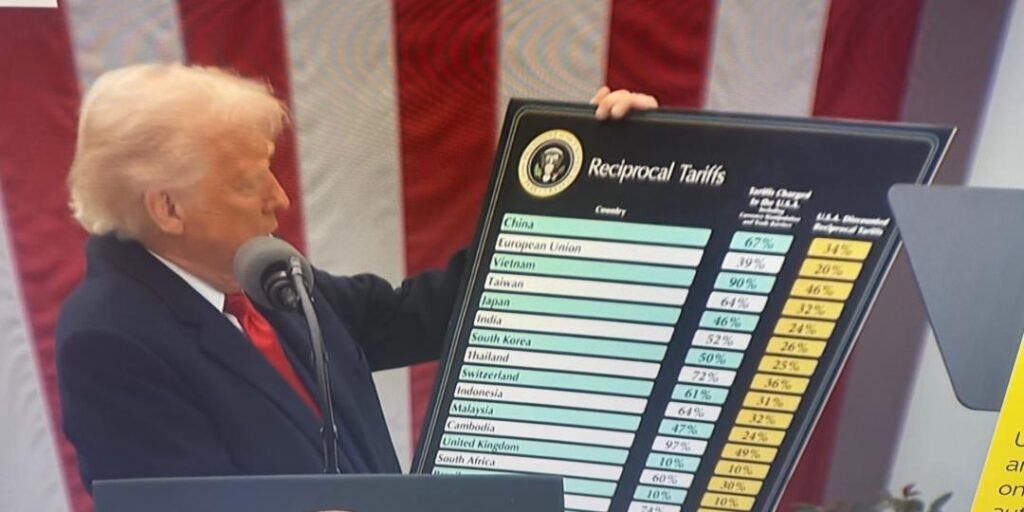The South African presidency has voiced strong concern over U.S. President Donald Trump’s recent tariff hikes, warning they pose a threat to trade stability and long-term economic cooperation between the two countries.
In an official statement, the presidency reaffirmed South Africa’s commitment to a “mutually beneficial trade relationship” with the United States but criticized the unilateral and punitive nature of the tariffs.
“While we remain committed to a mutually beneficial trade relationship with the United States, unilaterally imposed and punitive tariffs are a concern and serve as a barrier to trade and shared prosperity,” the statement read.
The U.S. recently imposed a 30 percent tariff on South African exports, a move that could significantly impact one of the country’s key trading relationships. The United States is South Africa’s second-largest export destination.
South African economist Xhanti Payi explained that the tariffs could have widespread implications. “It is on what we call hard commodities – that would include things like steel. Then the soft commodities, that would include agricultural products like citrus and grapes,” he said.
Payi further noted that South Africa exports over $2 billion worth of vehicles and parts to the U.S., making the automotive industry one of the hardest hit sectors.
“These are quite important sectors for South Africa,” he added, “and they will certainly be affected.”
Payi also warned that smaller economies with less diversified exports would likely suffer more under the new tariffs. However, he noted South Africa’s broader trade network could help cushion the blow.
Despite this, investor confidence has been shaken. The South African rand dropped to a three-month low on Wednesday, weighed down by the tariff news and growing political uncertainty after reports emerged that the pro-business Democratic Alliance may pull out of the governing coalition over disputes on the 2025 budget.
South Africa is now calling for urgent negotiations to establish a new bilateral trade agreement with the U.S., one that can offer long-term certainty and stability for both nations.



